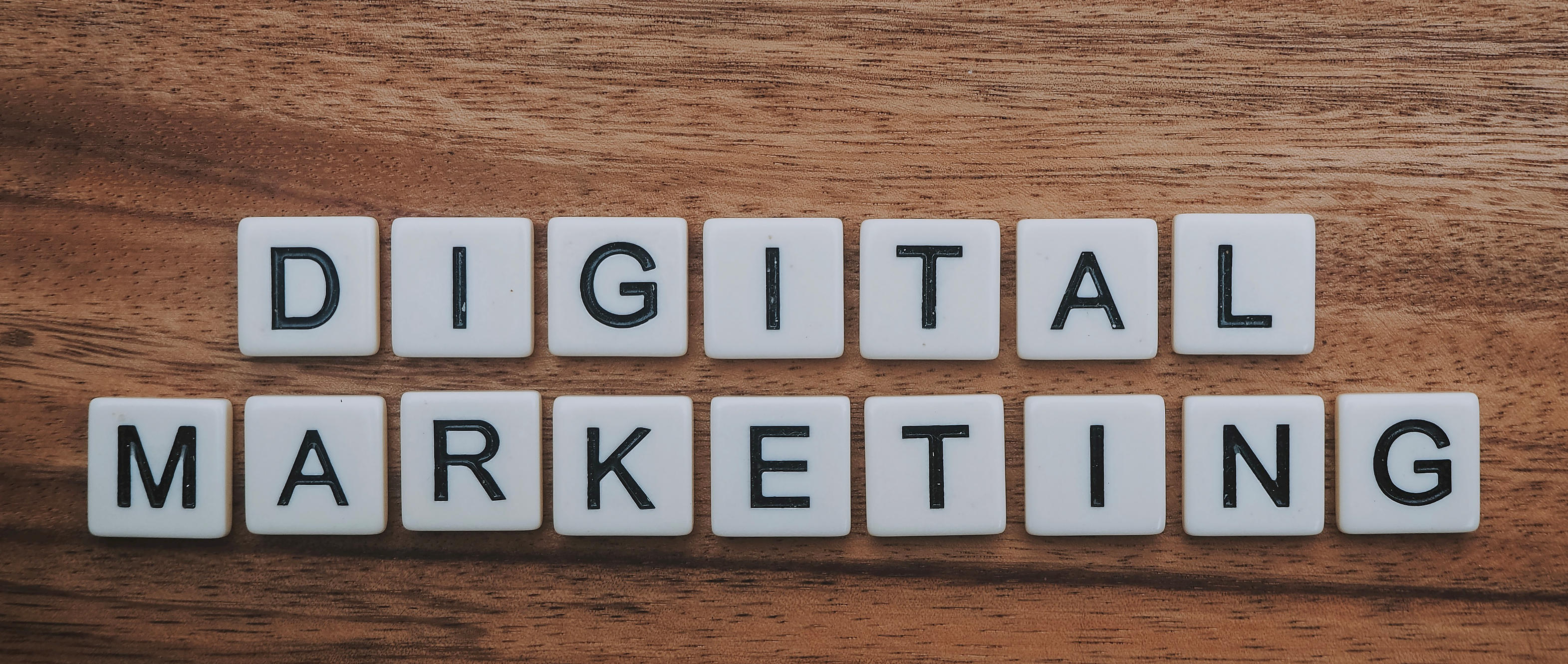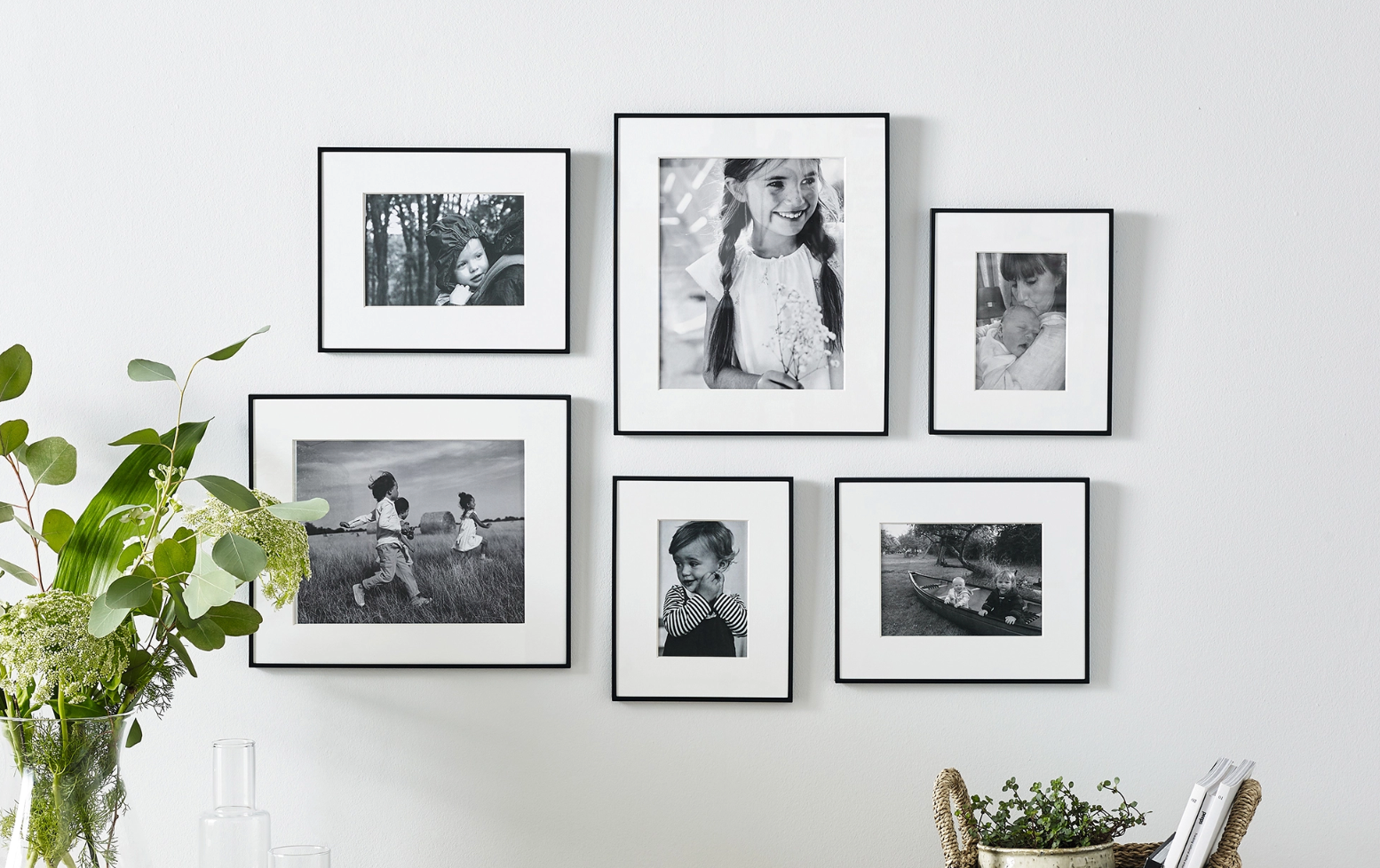Instagram vs Pinterest for Business

Instagram versus Pinterest for business will always be a big question. And no matter who you ask you’ll probably get a different answer!
However, in this blog post, I’m going to discuss both the pros and cons of using both Instagram and Pinterest, in the hopes of helping you decide which platform is right for your business.
Let’s get straight into it!


1. Is Pinterest Still Relevant?
Okay, so we first need to address the elephant in the room. Is Pinterest still relevant?
Whilst Pinterest is less talked about than Instagram, Pinterest is still very relevant. The people who know about Pinterest are aware of the results that you can gain from this app. And you should be in one of them!
Pinterest gets less of a reputation purely because it’s much more like a search engine and not a lot of people know how to use it correctly.
Pinterest does pass the test of time as it still sees 482 million users.

2. How are Pinterest & Instagram Similar?
Pinterest and Instagram both use visual graphics to gain an audience.
You can use videos, photos and graphics on each of the platforms.
However, that is where their main similarities end.
People's intentions are different when using the different platforms. People come to Pinterest for ideas and inspiration.
Your audience on Pinterest also does not care about vanity metrics.
People do not care about your total amount of impressions and they cannot see individual pin impressions or outbound clicks. They are simply coming to the app to find new ideas or shop products. That means you don’t have to worry about the likes that you are getting on your post.

3. The Pros of Using Pinterest For Business
Pinterest is great for small businesses simply because Pinterest is far more like a search engine. People actually go to Pinterest to buy products and Pinterest makes that easy for them.
Pinterest is also evergreen content. This means that the content on Pinterest will last for far longer than any content that you would post on Instagram. Pins can still gain traction for months, potentially even years after posting.
Alternatively, you can create blogs that improve your SEO score and then create pins for that blog on Pinterest. You can add both your own product pins and affiliate links to the blogs.

4. The Cons Of Using Pinterest For Business
Not every business can perform well on Pinterest.
There are only specific topics that people really go to Pinterest for. So if your business is outside of those topics, you may struggle to gain traction on the platform.
Also, Pinterest content can take a while to build up when it comes to engagement. It will probably be around three months before you start seeing any traction on that site, so it is not an easy way to get sales, in the beginning at least.


Photos: Spacejoy and Marissa Grootes | Unsplash
5. The Pros of Using Instagram For Business
Instagram is far more inclusive. No matter what your business type is, you will likely find an audience for it on Instagram.
On Instagram, you can post reels, photos and carousels and create longer captions that speak directly to your audience.
You are also more likely to gain followers on Instagram than you are on Pinterest which means that you may get more of a recurring audience.
Instagram is also a way to connect with your audience. You can post daily on your stories and share more about your business values. You can also interact with customers through DM’s and comments.


Photot: Karsten Winegeart and Georgia de Lotz | Unsplash
6. The Cons of Using Instagram For Business
A lot of businesses are on Instagram and therefore you are fighting for clicks.
Additionally, whereas Pinterest is more of a Google search engine, the algorithm on Instagram is far more difficult to navigate.
This can end up with reels or posts only getting a few likes.
You also have to be very consistent with Instagram to build an audience. You have to pretty much post daily using trending sounds and stuffing your captions with keywords. This can be a time-consuming task and demotivating if your post doesn’t receive the engagement you desire.
Another negative side of using Instagram is that you can’t link directly within your post. You can only have a link in your bio or link on stories. Whereas on Pinterest, a pin will go directly to the product.

7. How to Use Pinterest & Instagram Together
Even though they are completely different platforms, you can intertwine the two platforms to help save time.
Here are a few ways that you can repurpose your content from one platform to the next.
-
Repurpose your reels into video pins on Pinterest. Just make sure to use an app to remove the watermark first.
-
Take carousels and post them as graphic pins
-
Link to your Instagram post within your pins to increase your Instagram following
By doing these things, you can use both platforms to your advantage!

Key Takeaways on Instagram vs Pinterest For Business
The main verdict on whether you should use Instagram vs Pinterest for business is this:
It depends on your business type.
If you have a business that is popular on Pinterest, I would highly suggest that you invest time there. Pinterest has evergreen content that lasts far longer than anything you could post on Instagram.
However, Instagram does have its pros. you can connect more with your audience, build more of the following and promote your products in various ways.
If you have the time and resources, investing in both platforms would be your best bet. By doing so, you can see which gains more results and decide then where your time is best invested!
Other articles you may like:



Comments